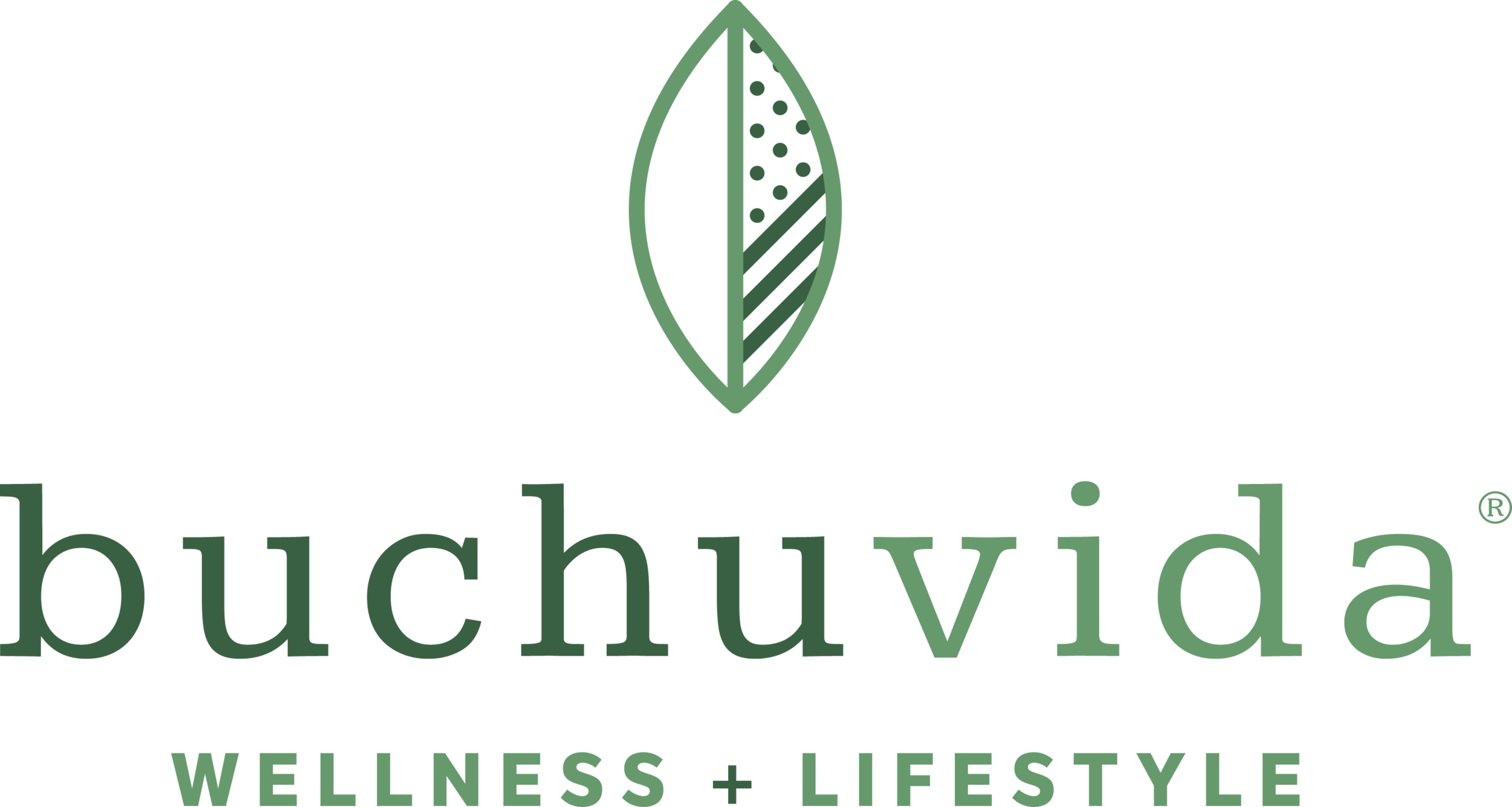Buchu, commonly pronounced “Boo-koo” or “Boo-chew” is a plant with origins in the remote, dry mountainous regions of the Western Cape of South Africa.
Technically a shrub, buchu plant leaves are harvested and commonly processed to yield oils, tinctures and other derivatives that have been widely prized over centuries by holistic and traditional medicine practitioners for a full spectrum of health and wellness applications.
Its rich history and many positive properties perfectly align with the BuchuVida company mission—and earns a prominent place within our name and lines of natural skincare products.
Origins, Early Adoption
First used by the Khoekhoe people of South Africa as a traditional treatment, the buchu plant made its way into Western Europe in the late 1600s, and then later into the United States—where it was similarly adopted as an antiseptic, an anti-inflammatory agent, along with many other applications associated with digestion, detoxification and pain control.
Modern Cultivation
Buchu is a protected plant, as today it represents a promising revenue opportunity to the native populations who seek to cultivate and harvest it. Regulatory programs and licensing restrictions are evolving to help ensure a sustainable balance between commerce and this unique natural resource.
Popular Applications
Today worldwide, people seeking holistic natural health supplements widely use buchu plant-based products for treatment of urinary tract infections, inflamed prostate, high blood pressure, fever, cough, common cold, upset stomach, stomach ulcers, irritable bowel syndrome, gout and sexually transmitted diseases. Buchu is also commonly applied to the skin as an insect repellant, or for treatment of skin infections.
The antimicrobial, antiseptic and fragrance-boosting properties of the buchu plant play a central role in the patented BuchuVida product lines of natural, chemical-free deodorants and lip balms, with new shampoos and skin toners coming soon.
BuchuVida natural deodorants and lip balms contain buchu leaf extract.
CONDITIONS OF USE AND IMPORTANT INFORMATION: This information is meant to supplement, not replace advice from your doctor or healthcare provider and is not meant to cover all possible uses, precautions, interactions or adverse effects. These statements have not been evaluated by the FDA and are not intended to diagnose, cure, treat or prevent disease. Individual results may vary, and before using any supplements, it is always advisable to consult with your own healthcare provider.


